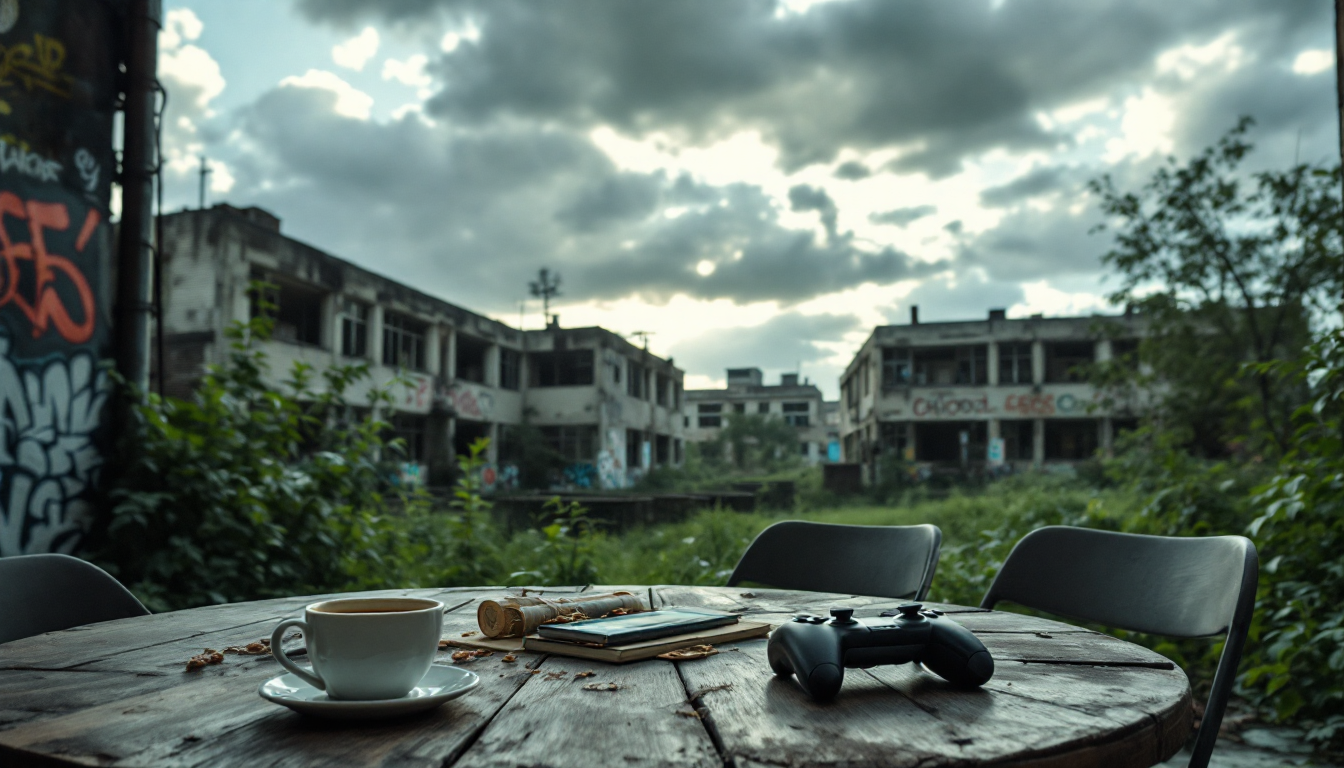Table of Contents
The recent legal drama surrounding the creators of the popular video game Call of Duty has ignited a fiery debate about the fine line between creative expression and the real-world consequences that can follow. Families of victims from the heartbreaking Robb Elementary School shooting in Uvalde, Texas, have launched a lawsuit against Activision and Meta Platforms, claiming that these companies played a role in promoting products allegedly linked to the shooter.
This case, which has captured significant attention due to its implications for First Amendment rights, raises some tough questions about the responsibility of media creators when faced with violent acts. What does accountability look like in the gaming industry?
Understanding the lawsuit and its implications
During a recent court hearing in Los Angeles, Activision’s legal team argued for a complete dismissal of the lawsuit, asserting that the First Amendment protects the content of video games from such legal scrutiny. Activision’s attorney, Bethany Kristovich, highlighted a key point: courts generally uphold the idea that artists and creators of various media cannot be held liable for the actions of their audiences.
This defense points to a broader legal principle that artistic expression—including video games—is shielded from lawsuits even when tragic outcomes occur in the real world.
On the other side, the families involved are seeking accountability, asserting that the violent themes in Call of Duty contribute to a culture of gun violence and desensitization among players.
They argue that the game acts as a marketing vehicle for firearms, particularly aimed at minors, even without explicit branding. Isn’t it interesting how the way we market products can take on a life of its own? This brings a complex dimension to the conversation, suggesting that while the game itself may be protected, its marketing strategies might not be so immune.
As the case unfolds, it highlights the ongoing tug-of-war between creative freedom and social responsibility—an issue that resonates deeply in today’s media landscape. We often wonder just how much influence video games have on behavior. Attorney Katie Mesner-Hage, representing the families, made a poignant point during the hearing by emphasizing that their complaint focuses on using the game as a platform for promoting firearms, rather than condemning the existence of the game itself.
Legal precedents and challenges
Historically, courts have leaned toward protecting creators under the First Amendment, which complicates the path for plaintiffs in cases like this one. Activision’s argument points to a lack of evidence directly linking the game’s marketing to the shooter’s actions. This is a critical moment in the trial; Judge William Highberger acknowledged the complexities involved and the necessity of determining whether Activision’s behavior could indeed be classified as negligence.
Additionally, the families have also taken legal action against Daniel Defense, the manufacturer of the firearm used in the Uvalde shooting, showcasing a multi-faceted approach to their quest for justice. This broader strategy reflects the families’ relentless determination to hold accountable all parties they believe contributed to the tragedy.
The emotional weight of this case is unmistakable, as families directly impacted by the shooting seek answers and accountability. Kimberly Rubio, who lost her daughter in the attack, voiced the urgency many feel in understanding the connection between the game and the violent act. Her plea underscores that this pursuit of justice is both deeply personal and profoundly significant.
Looking ahead: The future of video game liability
As the legal proceedings advance, they are likely to set important precedents regarding the liability of media creators in cases involving violence. The verdict of this case could have far-reaching implications for the video game industry, especially concerning how marketing strategies are designed and the responsibilities that creators might bear for their content.
In the courtroom, the emotional testimonies and arguments reflect a society grappling with the fallout of violence in media. The discussions about the intersection of artistic expression and societal impact are crucial; they challenge us to rethink our understanding of accountability in the digital age. How far should creators go to ensure their content doesn’t contribute to real-world violence?
Ultimately, this lawsuit transcends a single video game; it represents a broader conversation about media’s role in shaping behavior and the responsibilities of creators in a world increasingly affected by violence. The decisions made in this case will resonate well beyond the courtroom, influencing future legal interpretations and societal perceptions of the relationship between entertainment and real-world consequences.





